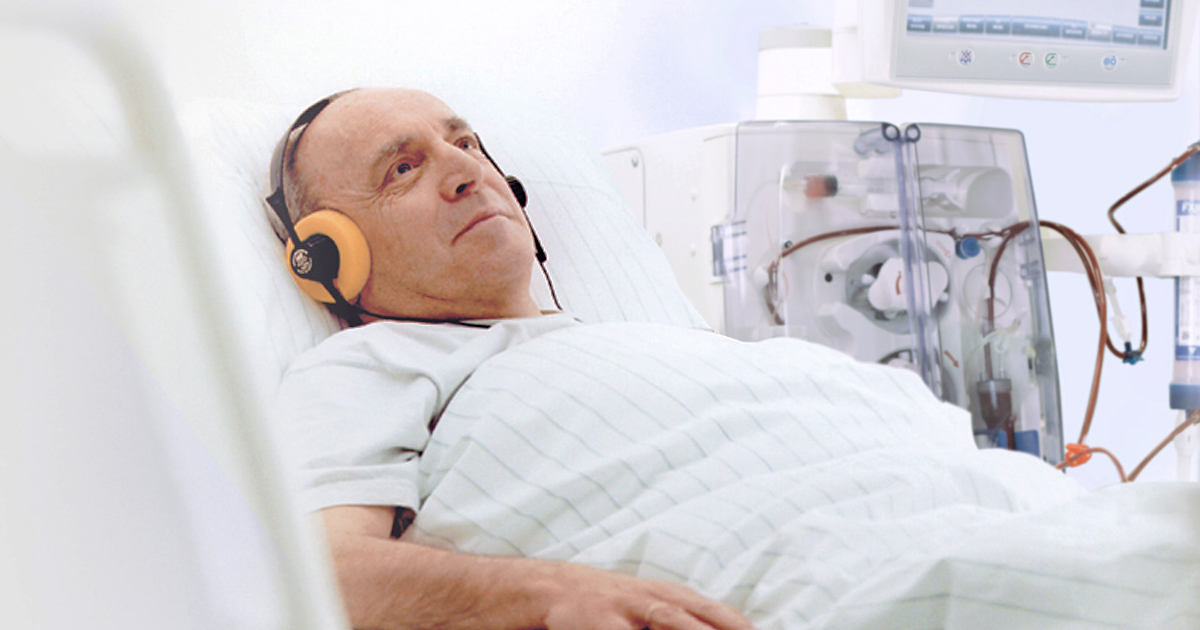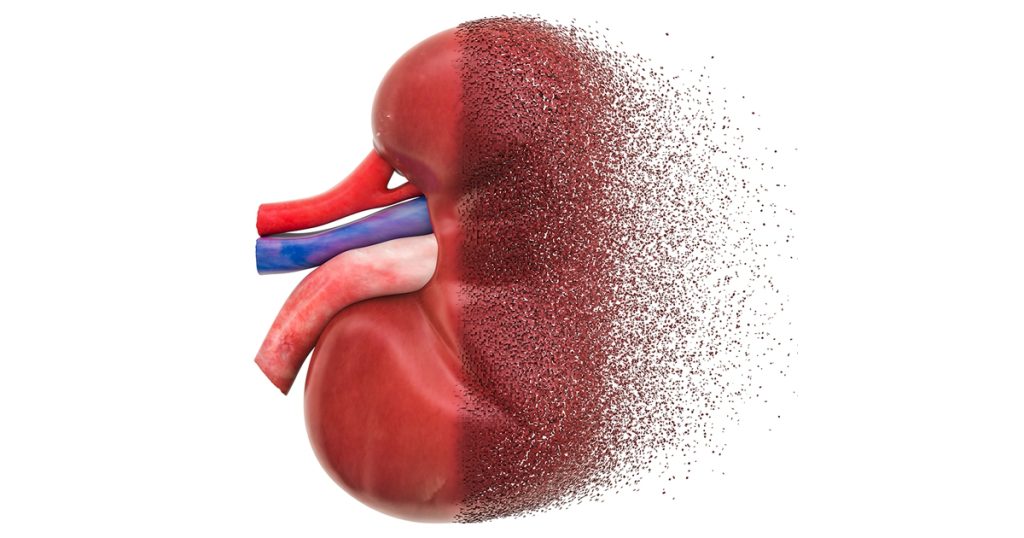
I said Kiddlies diddle I?
Home > Health Info > Health Articles

That’s a very old joke about a customer and the butcher mispronouncing “Kidneys” as “kiddlies”. But kidneys are not to be laughed at. And I should know, because we all have two of these very important organs. Except me, as I lost one last year.
The kidney’s function is to filter out ‘toxic’ waste from the blood, which is then excreted in the urine.
Diagnosing kidney problems is not easy, as around 50 percent initially present with no symptoms, but if there are symptoms they can include a reduced amount of urine, swelling of legs, ankles, and feet from retention of fluids caused by the failure of your kidneys to eliminate the urine waste, an unexplained shortness of breath, excessive drowsiness or fatigue, persistent nausea, confusion and pain or pressure in the chest.
Factors that may increase your risk of chronic kidney disease include diabetes, high blood pressure, cardiovascular disease, smoking, obesity, family history of kidney disease, abnormal kidney structure and older age.
The presence of blood in urine is a presumptive sign of renal cell carcinoma as the cause of poor kidney function. The hemoglobin of the blood causes the urine to be rusty, brown or red in color. Urinalysis can test for sugar, protein and bacteria which can also serve as indicators for cancer. A complete blood count can also provide additional information regarding the severity and spreading of the cancer. Contrast-enhanced computed tomography (CT) scanning is routinely used to determine the stage of the renal cell carcinoma.
So to keep your kidneys in good health choose and prepare food with less salt and sodium. Choose foods that are healthy for your heart such as lean cuts of meat and don’t deep-fry. Keep phosphorus and potassium low and lay off the bananas.

Share :


